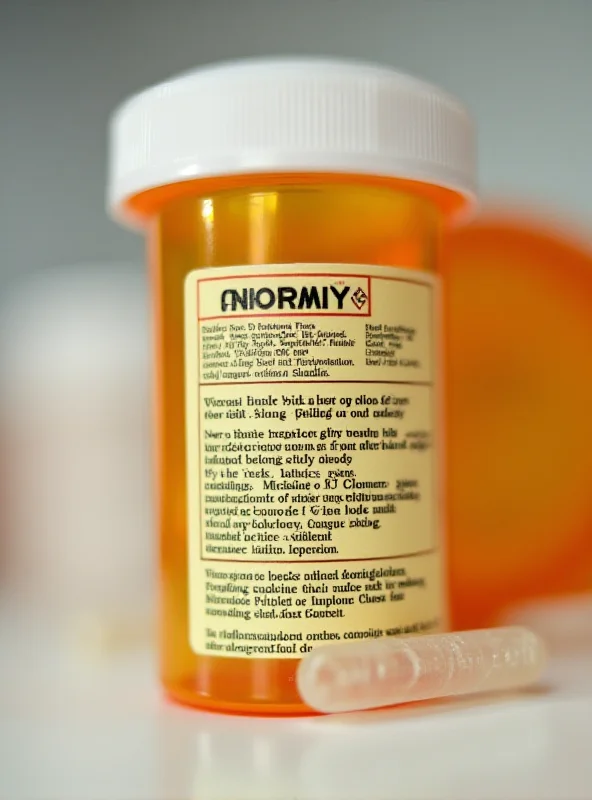Arizona has been at the center of several notable health-related stories recently, touching on topics from potential causes of autism to the experiences of teens in rehab facilities and the importance of heeding drug warnings. Let's dive into these critical issues.
Unraveling the Autism Puzzle
The rate of autism diagnoses has seen a dramatic increase in recent years, leading researchers to explore various potential contributing factors. Some theories focus on prenatal influences, such as mothers' hormone levels, severe morning sickness, and vitamin deficiencies. Environmental factors, like air pollution, are also under scrutiny. The search for answers continues as scientists work to understand the complex interplay of genetics and environment in autism development.
One particularly compelling case involves Mason Connor, a non-verbal autistic child from Arizona.  Mason made headlines when he spoke his first words after receiving leucovorin treatment, offering a glimmer of hope and sparking further research into potential therapeutic interventions. This case underscores the importance of individualized approaches to autism care.
Mason made headlines when he spoke his first words after receiving leucovorin treatment, offering a glimmer of hope and sparking further research into potential therapeutic interventions. This case underscores the importance of individualized approaches to autism care.
Escape from 'Troubled Teen' Camp
The Re-Creation Retreat (RCR) in Arizona, a facility for "troubled teens," recently became the focus of attention after two girls, Cassia and Ashley, orchestrated a daring escape. According to reports, the girls felt "dehumanized" by the facility's strict rules and rigid level system.
Carissa Reyes, who was a participant in the RCR program in 2008, described the controlling environment. "Your microexpressions were controlled," she explained, highlighting the intense pressure placed on the teens. The girls' escape, and the subsequent pursuit by staff, raises serious questions about the ethical treatment of young people in such facilities.  The story serves as a stark reminder of the potential for abuse and the need for increased oversight of teen rehab programs.
The story serves as a stark reminder of the potential for abuse and the need for increased oversight of teen rehab programs.
The Danger of Overlooked Drug Warnings
A critical issue in American healthcare is the frequency with which serious drug warnings are overlooked, potentially putting patients at risk. Sherami Tsai highlighted this issue in a recent article, pointing to the experience of Michele Mason and her daughter Alisa. Alisa, at just 27 years old, was prescribed Levaquin (levofloxacin) for pneumonia at an urgent care clinic in Arizona.
Unfortunately, neither Alisa nor her mother were fully aware of the potential side effects associated with the drug.  This case underscores the importance of clear communication between healthcare providers and patients regarding the risks and benefits of prescribed medications. It also emphasizes the need for patients to actively advocate for their own health and seek out information about the drugs they are taking.
This case underscores the importance of clear communication between healthcare providers and patients regarding the risks and benefits of prescribed medications. It also emphasizes the need for patients to actively advocate for their own health and seek out information about the drugs they are taking.
These stories from Arizona highlight the complex and often challenging landscape of healthcare today. From understanding the potential causes of autism to ensuring the safety and well-being of teens in rehab facilities and promoting greater awareness of drug warnings, there is much work to be done to improve patient care and outcomes.
